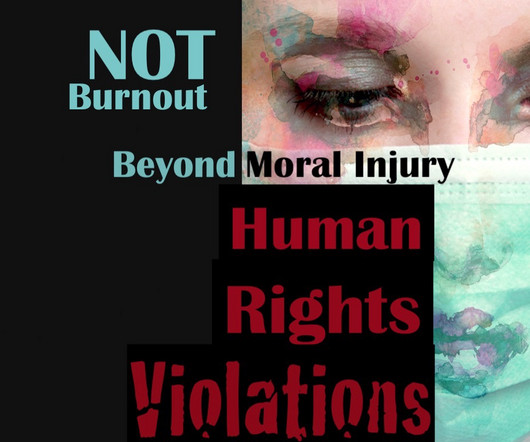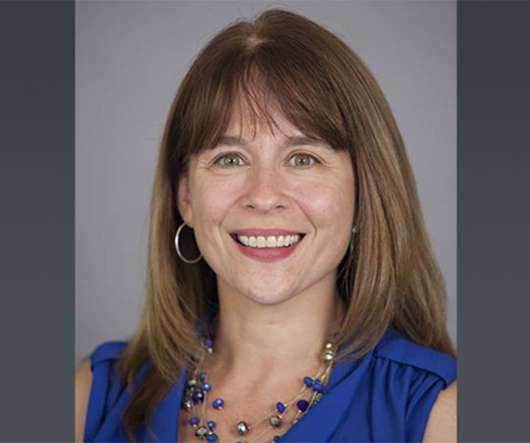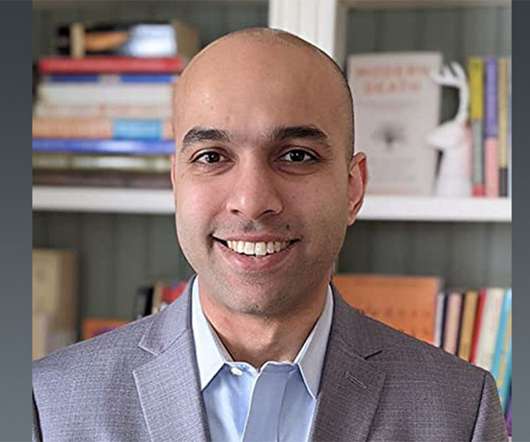Screen Time
Adventures of a Sick Doctor
FEBRUARY 4, 2022
I have been working in cancer screening for seven months now, and I have had the opportunity to reflect on what that means for me, as a cancer patient myself. We are understandably terrified of the idea of serious illness, especially cancer, so we choose to do things that will stop it from happening to us.
















Let's personalize your content